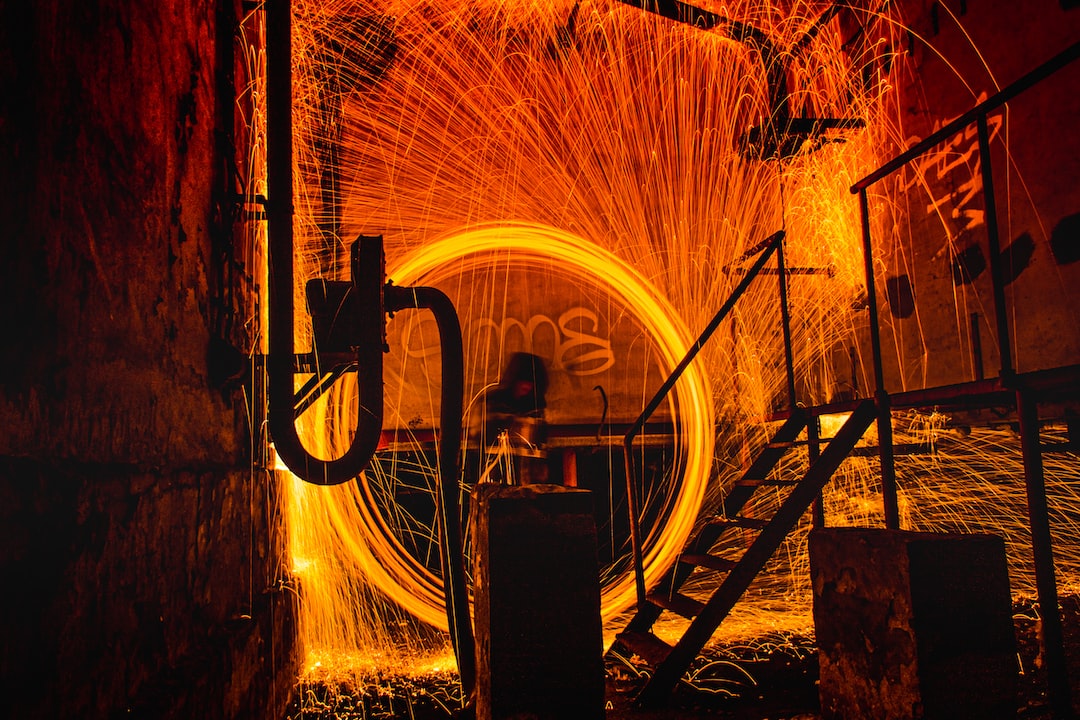Artificial intelligence (AI) has made significant advancements in recent years, transforming various industries, including manufacturing processes. From enhancing productivity to improving overall efficiency, AI has the potential to revolutionize the way things are produced and manufactured. In this blog post, we will delve into the impact of AI on manufacturing processes and discuss some key advancements and future prospects.
One of the primary areas where AI has made a significant impact in manufacturing is through automation. AI-powered robots and machines are increasingly being used to perform repetitive and mundane tasks in manufacturing plants. This not only reduces labor costs but also increases efficiency and accuracy. These smart robotic systems are capable of handling complex tasks, such as assembly and quality control, with precision and speed that surpass human capabilities.
AI’s machine learning algorithms empower these robots to learn from their experiences and adapt to changing situations. For example, they can identify defects in products and make real-time adjustments to improve quality control. AI can also analyze massive amounts of data generated from manufacturing processes to identify patterns and optimize production systems. This allows manufacturers to make data-driven decisions, resulting in improved performance and reduced production costs.
Another significant area where AI is making a substantial impact is in predictive maintenance. Traditionally, manufacturers would rely on scheduled maintenance, resulting in costly downtime and unnecessary repairs. However, with AI, machines can predict when they are likely to fail and alert maintenance teams in advance. This proactive approach means that repairs can be addressed before a breakdown, reducing costly downtime and increasing overall uptime.
AI-powered sensors and systems can collect real-time data on machine performance, such as temperature, vibration, and energy consumption. By using advanced machine learning algorithms, manufacturers can detect anomalies and patterns that indicate potential failure. This data-driven approach enables predictive maintenance, optimizing equipment lifespan and reducing maintenance costs.
Furthermore, AI has the potential to revolutionize supply chain management in manufacturing. With the help of AI-powered systems, manufacturers can optimize inventory management, forecast demand accurately, and streamline logistics. These systems can analyze historical data and market trends to predict fluctuations in demand and adjust production accordingly. By optimizing inventory levels, manufacturers can reduce costs and minimize waste, making their operations more sustainable.
AI can also play a significant role in improving product design and innovation in manufacturing processes. By simulating different scenarios and analyzing vast amounts of data, AI algorithms can generate insights that were previously inaccessible. This enables manufacturers to develop more efficient and cost-effective products, reducing time-to-market and enhancing competitiveness.
AI-powered systems can also assist in generating new product ideas and designs. By analyzing market trends, customer preferences, and historical data, AI algorithms can make valuable recommendations for new product developments. This can save manufacturers a tremendous amount of time and resources in the ideation process, ultimately leading to better and more innovative products.
However, with all these advancements, it is crucial to address the ethical concerns associated with AI in manufacturing processes. AI-powered systems are capable of replacing human workers in certain tasks, raising concerns about job loss and societal impact. Manufacturers must prioritize retraining and upskilling programs for their workforce, ensuring they can adapt to new roles and leverage AI technology to their advantage.
In conclusion, the impact of artificial intelligence on manufacturing processes is significant and far-reaching. From enhancing productivity and efficiency to improving product design and innovation, AI has the potential to revolutionize the manufacturing industry. However, manufacturers must also address the ethical implications and prioritize the welfare of their workforce. With proper implementation and consideration, AI can undoubtedly shape a more efficient and sustainable future for manufacturing processes.
